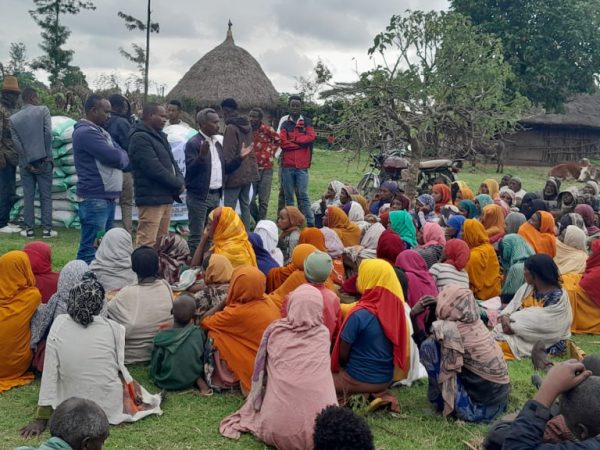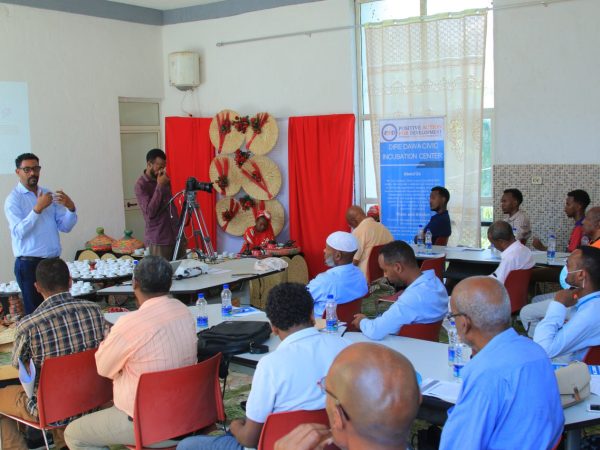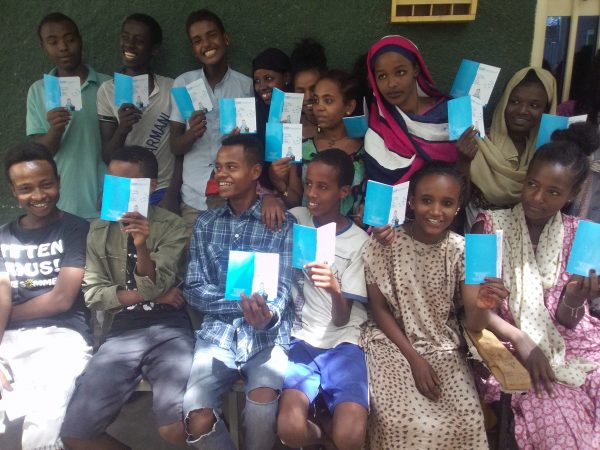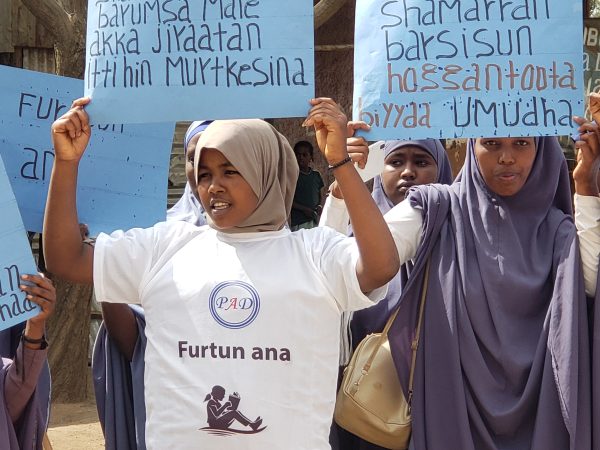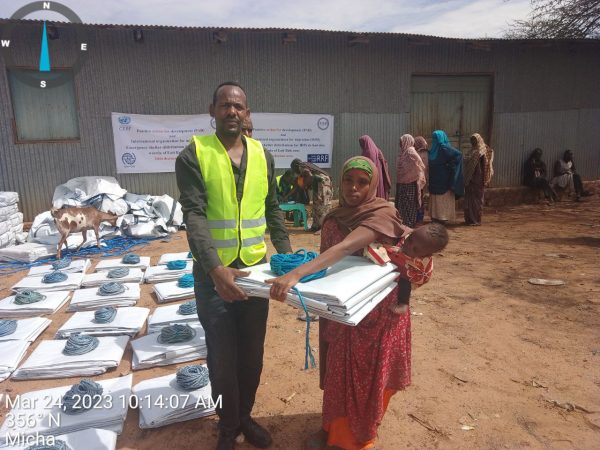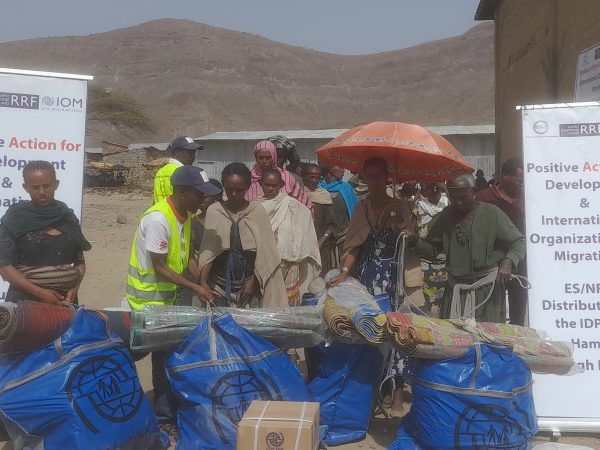PAD Peacebuilding efforts aim to manage, mitigate, resolve and transform central aspects of the conflict through community-based peace processes and informal dialogue, negotiation, and mediation.
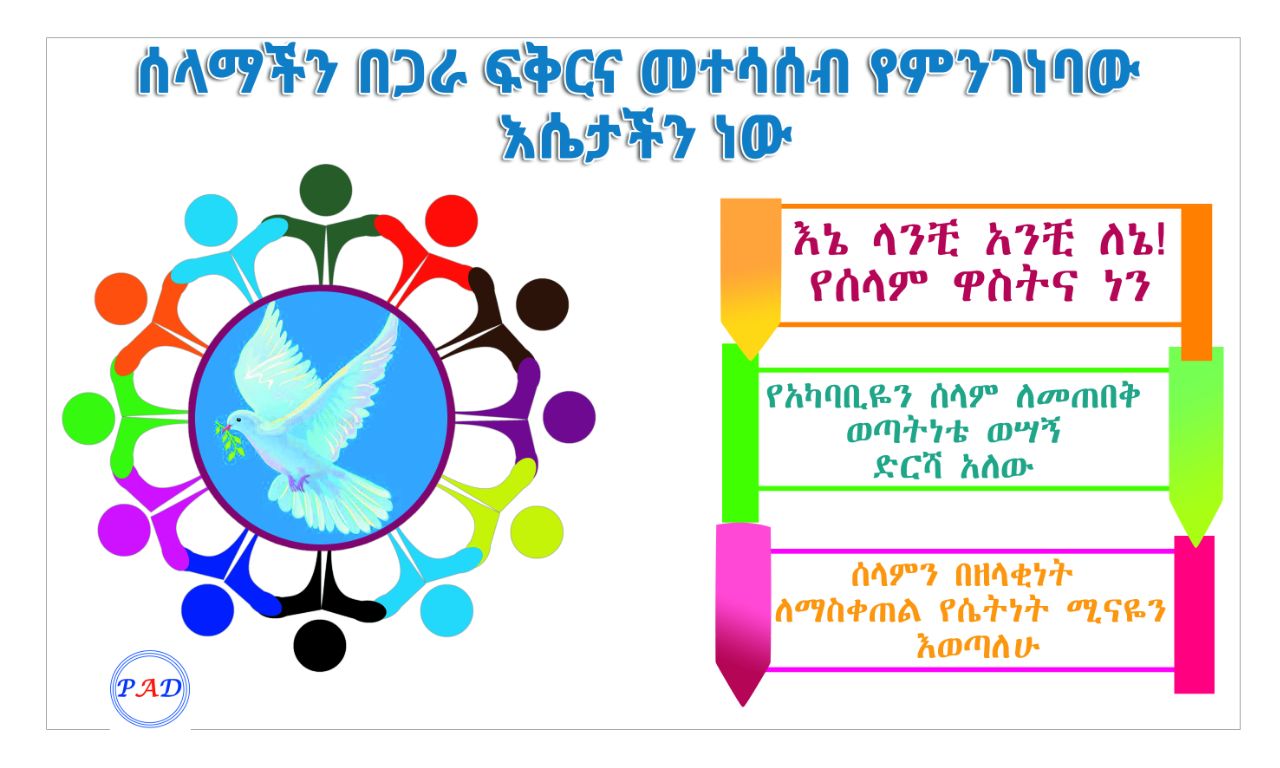

Promoted peaceful conflict resolution and provided conflict containment resources that led to less violence, increased cooperation and more cohesive communities. This paves the way for the communities to realize the benefits of peace among themselves to the country.
This project has had a profound impact on promoting mutual understanding, fostering religious tolerance and building lasting relationships between different faiths. By giving young people the opportunity to engage in meaningful dialogue and learn about each other’s beliefs, traditions and values, these exchange platforms can bridge gaps and break down misunderstandings. Impacts of such initiatives include fostering empathy, openness and respect among young people and contributing to a more inclusive and harmonious society where interfaith cooperation flourishes. Additionally, these exchanges can teach young people valuable skills such as cross-cultural communication and conflict resolution, empowering them to become ambassadors for peace and social cohesion in their communities and beyond.
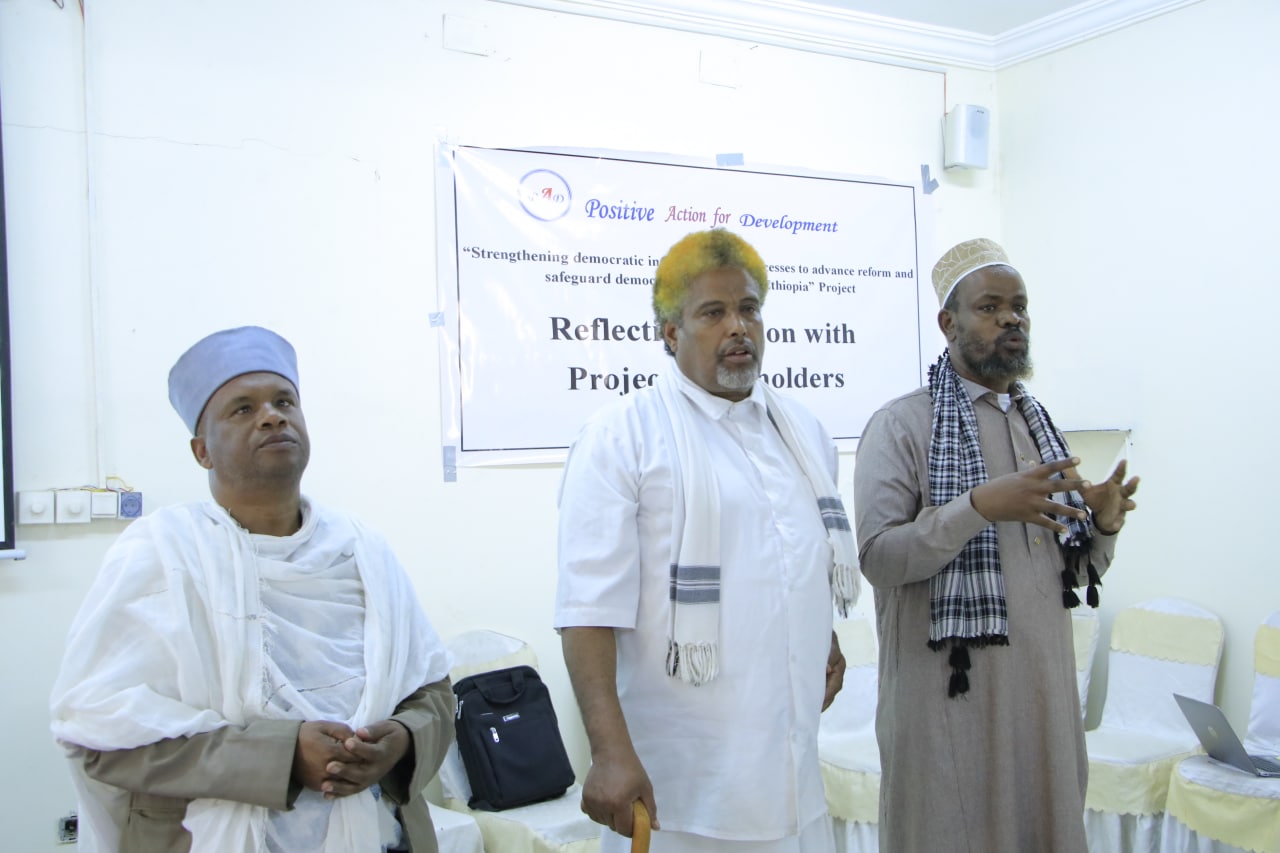
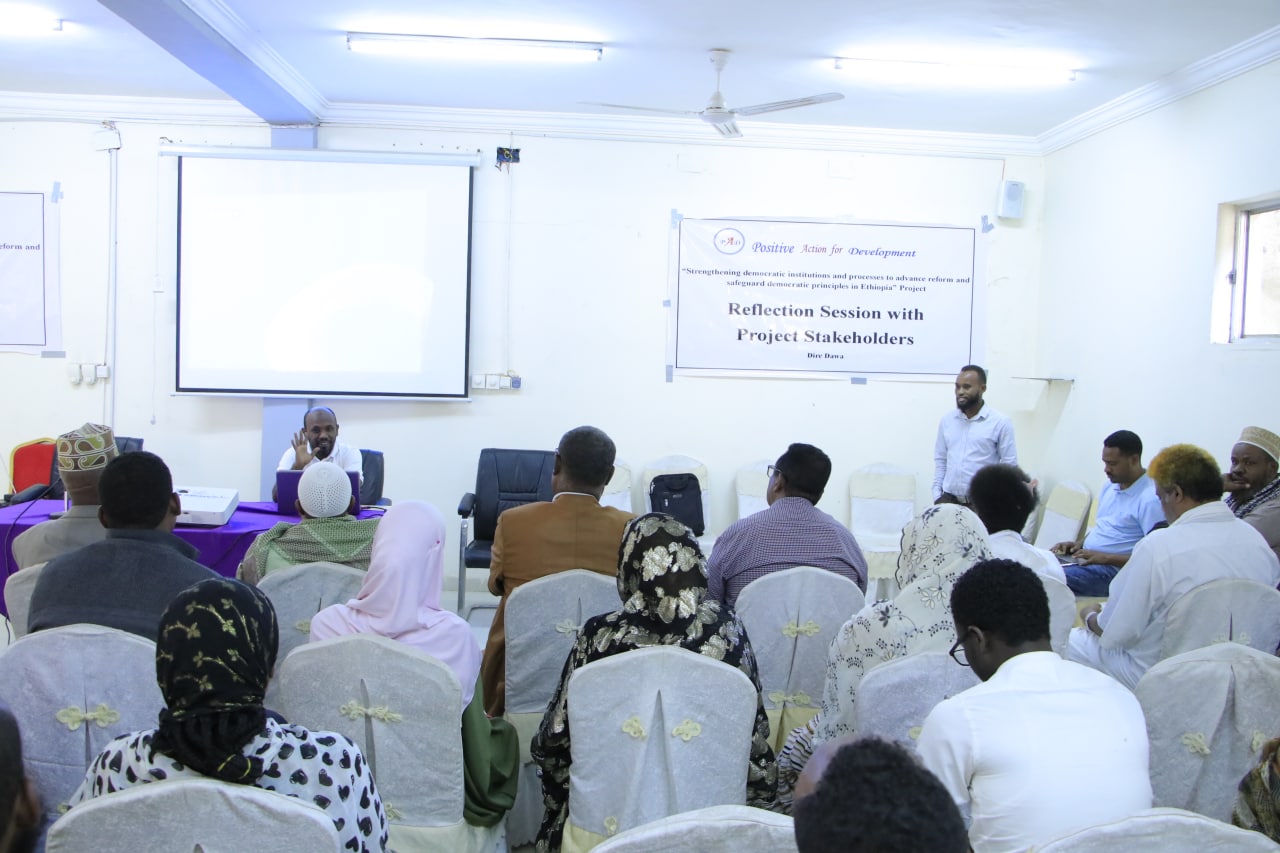
The promotion of nonviolent principles and actions can inspire and mobilize future generations. By offering them alternative ways of dealing with conflict and injustice, it instills values such as tolerance, cooperation and respect for human dignity. This ensures the sustainability of peace efforts and paves the way for a more harmonious and just society.
The impact of peacebuilding through extracurricular activities in secondary schools is profound. Involving students in various extracurricular activities such as clubs, sports, arts, music and community service can promote peace in the school environment. These activities provide opportunities for social interaction, collaboration, and understanding between diverse groups of students. Through extracurricular activities, students develop skills such as teamwork, leadership, empathy, and conflict resolution, which are essential to creating a peaceful atmosphere. Students learn to appreciate and respect each other’s differences, fostering a sense of unity and acceptance. This not only improves student relationships, but also lays the foundation for a peaceful and inclusive society beyond high school.
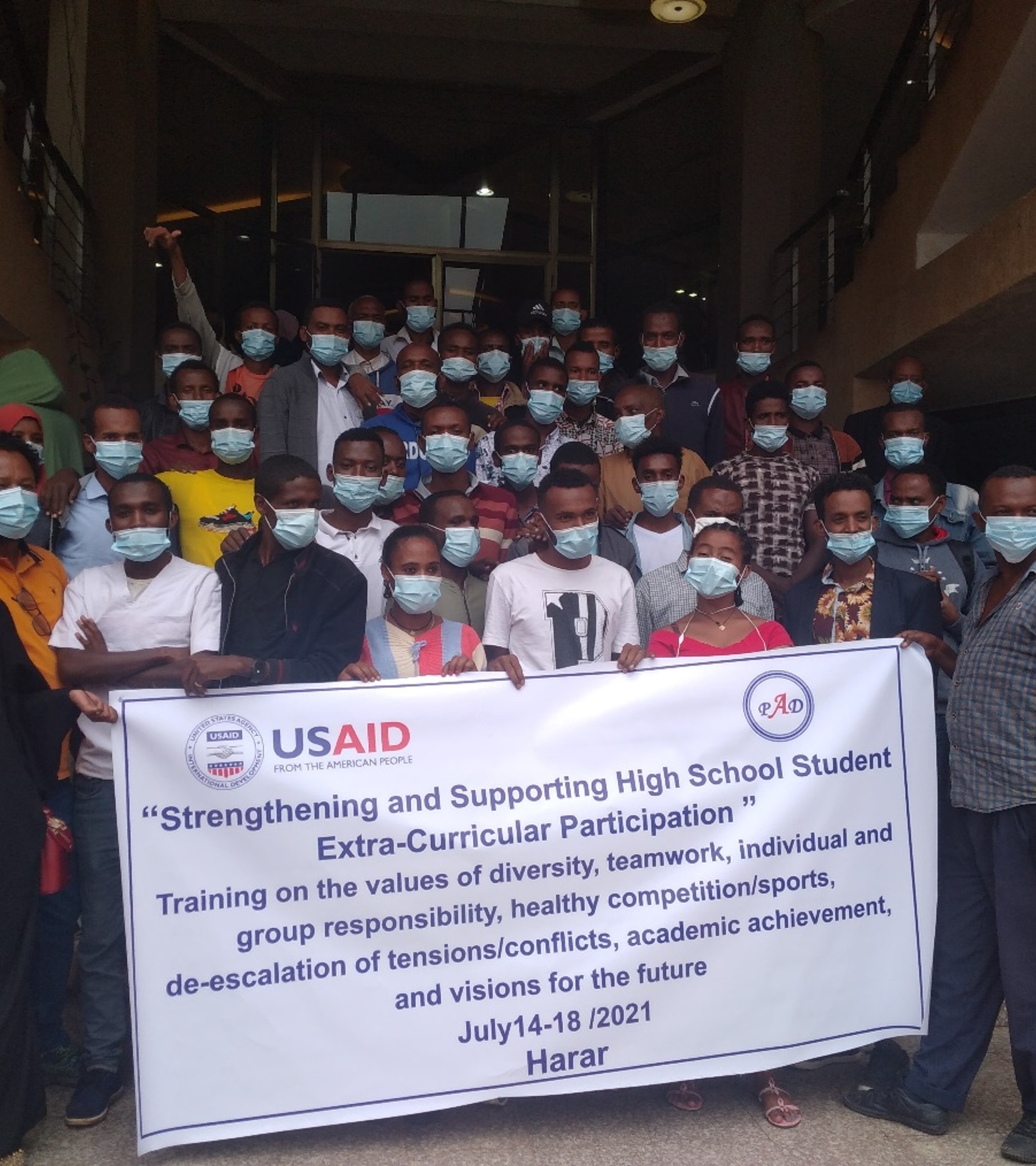
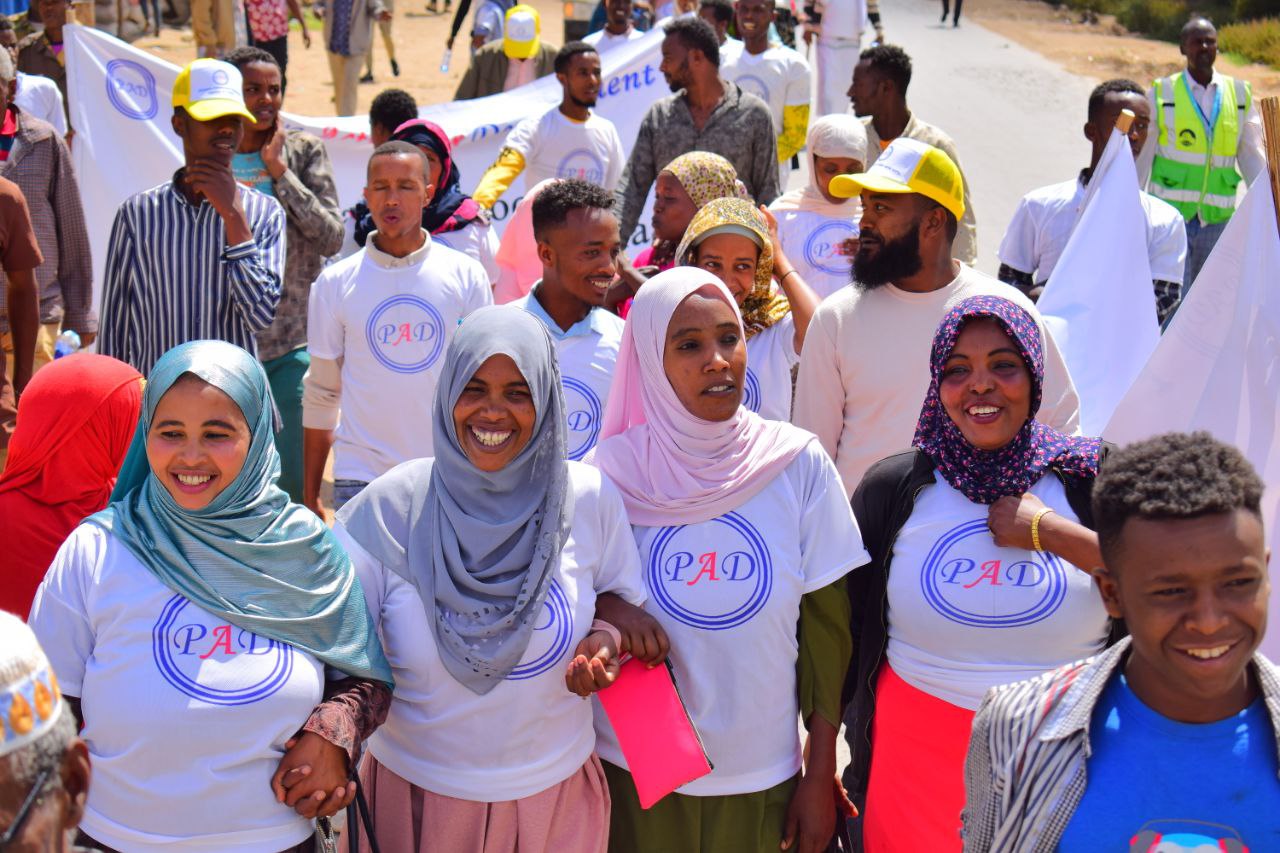
The strengthening of democratic institutions and processes in Ethiopia will have a significant impact on the further development of reforms and the preservation of democratic principles in the country. This initiative will help create a more inclusive and participatory political landscape, giving voice and representation to the different parts of society. It will promote transparency, accountability and the rule of law, and ensure government is held accountable for its actions. As a result, the strengthened democratic institutions and processes will help build trust between the government and the people and promote stability and sustainable development in Ethiopia.
Our organization Positive Action for Development (PAD) implemented an IRI-funded project entitled “Empowering Citizens’ Responsibility Throughout the Election Cycle” in the 2021 Ethiopian election. The main objective of the project was to strengthen the responsibility of 350,000 citizens with special attention to people with disabilities during the upcoming Ethiopian electoral cycle in the Dire Dawa Municipality and adjacent areas of 4 rural clusters with 32 rural kebles training victims and voters. Below are the milestones of activities that have been successfully achieved.
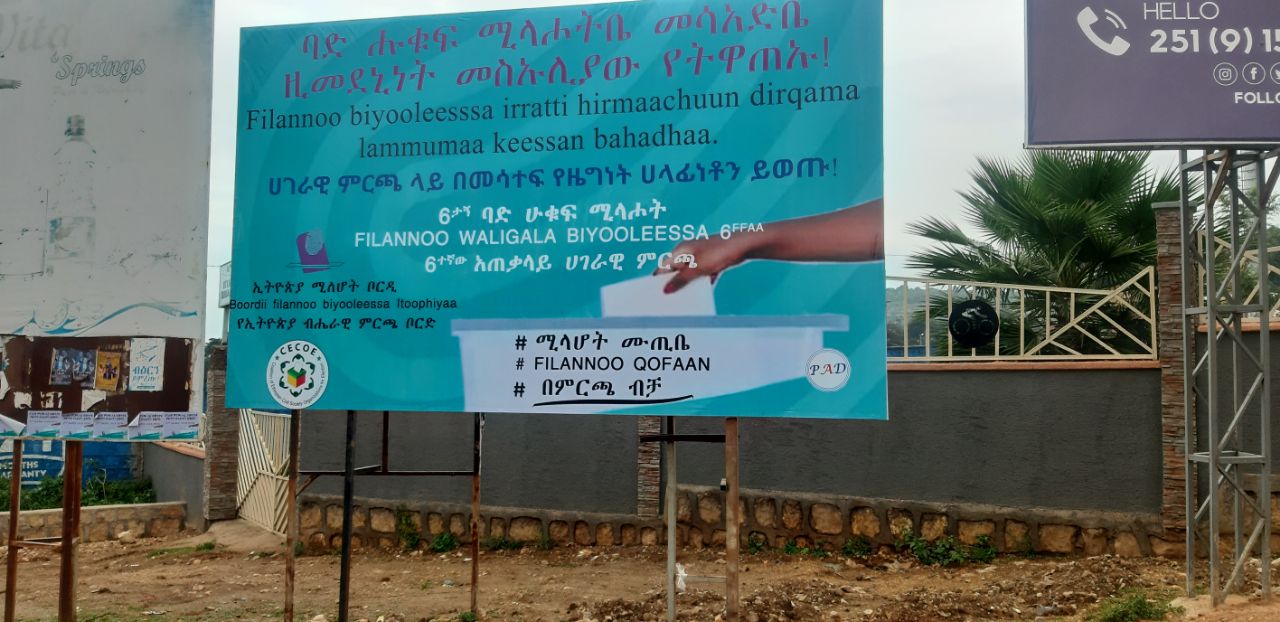
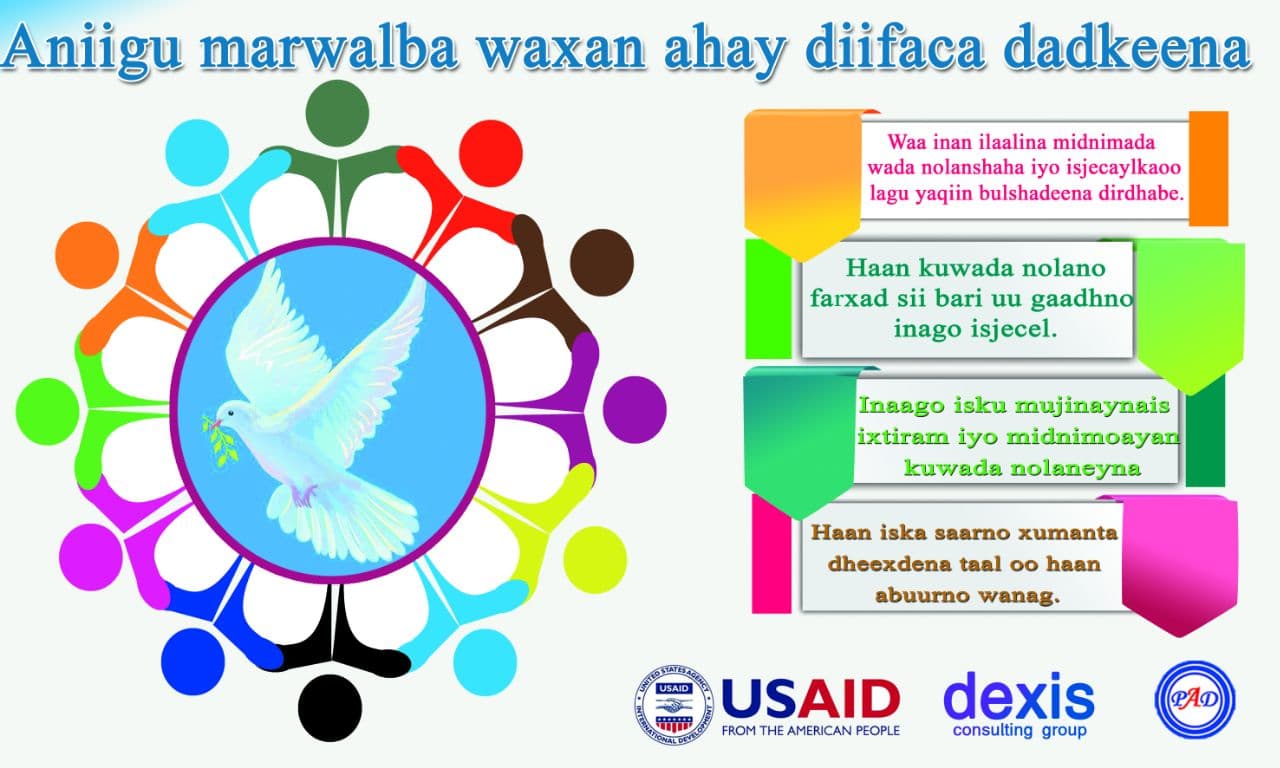
The project reinforced 200,000 (Female-100,000) people to participate in the election process in the targeted areas who have learnt about the importance and process of elections through street shows, vehicle roving campaigns, brochures, and billboards. Furthermore, the project indirectly benefited 500,000 community members in the project regions as a result of election-related spot messages and songs broadcast on local FM radio stations.
